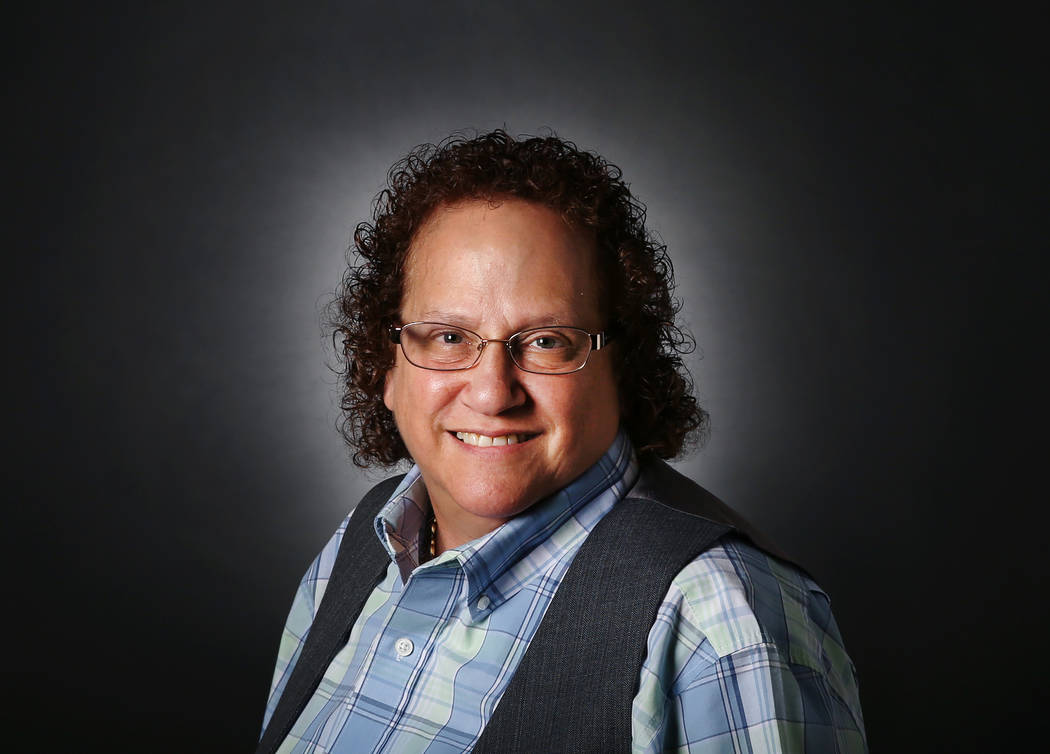Homeowner complains about HOA handyman’s work
Q: I have reviewed my covenants, conditions and restrictions in this Summerlin condo community over a dozen times in tremendous detail. The question is rather simple: Does a non-verifying board have the right to use the services of a handyman, who carries a state of Nevada certified contractors license, and allow him to do 50 percent of the work without completion? Or substandard work meaning incomplete work, or example, welding railings together that are crooked and bent and not completely replaced? Changing cement steps to different colors that are larger than the previous steps without color code matching? Is there a Nevada state law that addresses this lack of work ethic? Or, do I just need to contact the state contractors licensing board and file a formal complaint against this particular handyman with pictures and illustrations of substandard/subpar work? Because as you know substandard work affects the overall home values in our community. And, yes this has been brought before the board several times over many months and many meetings and they refuse to address it!
A: Based on your information, you could contact not only the Nevada Contactors Board but also the Nevada Real Estate Division. The Contractors Board could inspect the work. Association boards have a fiduciary obligation to its members. The division could investigate your board as to its actions per Nevada Revised Statutes 116.3103 (1), exercising the ordinary and responsible care of the association subject to the business judgment rule.
Q: I enjoy reading your informative weekly column and have three questions regarding architectural review committees.
Our community’s CC&Rs require that any external modifications to an owner’s property be approved “by the board, or by an architectural committee composed of three members appointed by the board.” The bylaws state that committees having the authority of the board shall consist of three or more directors. Members of other committees not having board authority “need not be directors of the association.” The HOA’s architectural guidelines stipulate that all proposed external modifications shall be submitted to the Architectural Review Committee (ARC) for review and approval/disapproval. The guidelines further stipulate that an owner may appeal an adverse ARC decision to the board.
Here are my questions:
1. The board has had difficulty in finding owners willing to serve on the ARC. If the ARC does not have three members appointed by the board, as stipulated in the CC&Rs, may it take action on an owner’s proposed architectural changes? Yes. Unfortunately, this is a common problem for many associations in finding volunteers, especially homeowners who have experience in reviewing architectural requests.
2. Board members have declined to serve on the ARC, stating that doing so would present a conflict since the board is the appeal authority for adverse ARC decisions. Given the bylaws’ stipulation regarding committees exercising board authority, shouldn’t the ARC membership include three directors, at a minimum? The board is comprised of five directors. The bylaws do not specifically address the ARC.
3. Given that the ARC exercises board authority, should any non-director members of the committee be covered under the association’s directors &officers (D&O) insurance or be otherwise indemnified by the HOA? I realize that the board has final, appeal authority, but an adverse decision by the ARC could expose its members to tort litigation, e.g., if a denial of a proposal (or a delay in responding to it) causes a delay in the project that results in a cost increase for the applicant who seeks redress through litigation against the HOA and the ARC members individually.
A: Here are my answers:
1. Yes. Unfortunately, this is a common problem for many associations in finding volunteers, especially homeowners who have experience in reviewing architectural requests.
2. I would question whether the architectural committee has the exact authority of the board. It is a committee that can make decisions that can be appealed to the board. To avoid the conflict of interest, you should consider having two board members and finding a third homeowner to serve on the committee. This way, you would have three board members as your appeal body.
3. You can check with your insurance agent, but in general committees are covered, regardless if they were a director or a homeowner serving on the architectural committee.
Barbara Holland is a certified property manager, broker and supervisory certified association manager. Questions may be sent to holland744o@gmail.com.

















